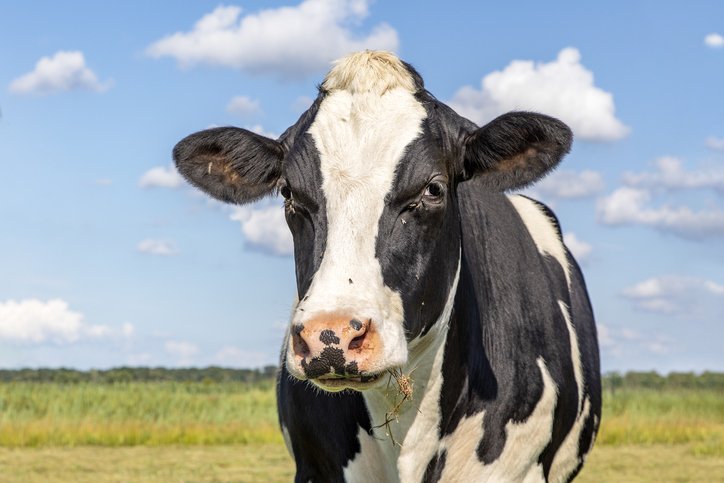Earlier this week, farmers and vegans joined forces to find solutions for sustainable farming practices in a bid to save the planet.
The UK’s top farming experts convened at a debate at the beginning of the National Farmers Union Conference at the ICC in Birmingham, where they discussed whether sustainable agriculture can only be achieved with vegan farming.
Marking the launch of the Viva! Farming campaign, the UK’s foremost voices on farming argued for and against whether only vegan farming can make agriculture truly sustainable.
While the debate saw differing views on the use of animals, the overarching consensus was that collaboration and partnerships were vital going forward if sustainable farming is to be achieved.
Bridging the farming gap
Viva! Farming is set to bridge the gap between vegans and the livestock farming industry to build collaboration which will see it minimise its impact on the planet.
Agriculture is estimated to be the source of 10% of all greenhouse gas emissions in the UK.
Debates around the future of using animals in the food system having traditionally been polarising and antagonistic; Viva! Farming seeks to change the narrative.
The launch debate brought together experts with a diverse range of opinions with a single goal of creating farming systems which work for the environment.
The debate’s motion read: ‘Is the future of sustainable farming animal-free?’.
Speaking in support of the motion was: Kerri Waters, farming coordinator at Viva!; Iain Tolhurst, owner of Tolhurst Organic; Jasmijn de Boo, vice-president of ProVeg International and Prof. Andrew Knight, professor of animal welfare and ethics.
Speaking against the motion was: Caroline Drummond, chief executive, Linking Environment & Farming; Richard Young, policy director, Sustainable Food Trust; Christopher Price, chief executive, Rare Breeds Survival Trust and Dr Julia Wright, associate professor, Centre for Agroecology, Water and Resilience, Coventry University.
Achieving net-zero farming
The debate comes after 26 nations set out new commitments at COP26 to change their agricultural policies to become more sustainable and less polluting.
The commitment also saw the countries agree to invest in the science needed for sustainable agriculture.
 Play Video about This Rock Might Just Save The World
Play Video about This Rock Might Just Save The World Play Video about Play 2 hours of rock
Play Video about Play 2 hours of rock Play Video about Play 2 hours of brook
Play Video about Play 2 hours of brook Play Video about Play 2 hours of sheep
Play Video about Play 2 hours of sheep











































